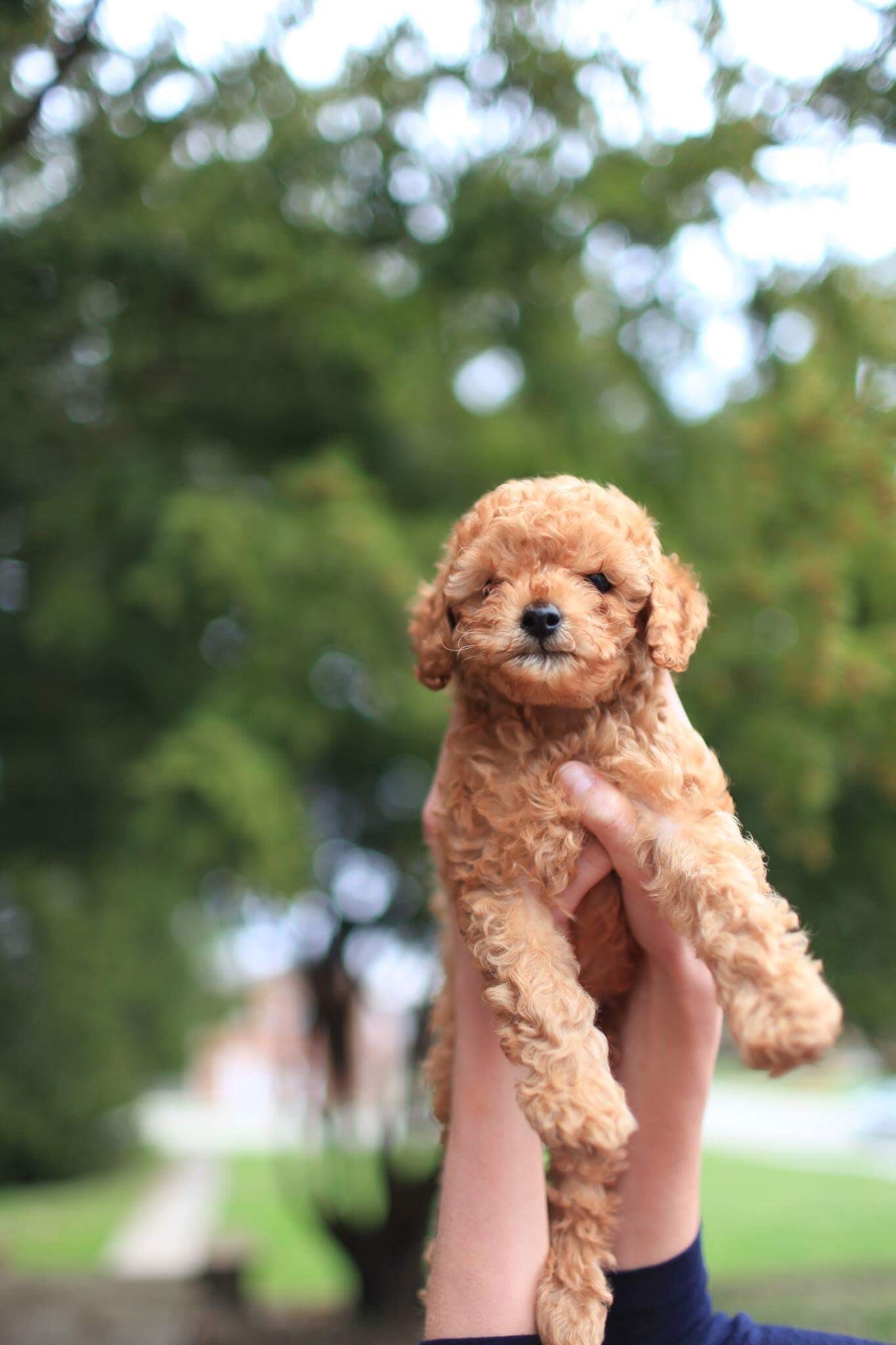Hearing your dog lick its paws at night can evoke both affection and concern. This behavior, often observed by dog owners, prompts questions about its causes, particularly during the peaceful hours when surroundings are calm. Recognizing the reasons behind this licking can help owners address potential issues, ensuring their pets stay healthy and content.
Natural Grooming Instincts
Dogs lick their paws primarily as a form of self-grooming. Unlike humans, dogs don’t bathe regularly and might clean themselves after a day of outdoor adventures. This behavior helps remove dirt, pollen, and other debris from their paws. While occasional licking is normal, excessive licking may signal underlying health problems.
Discomfort and Allergies
One prominent reason dogs lick their paws at night is to alleviate discomfort, often caused by allergies. Dogs can experience seasonal allergies or reactions to certain foods. When allergens irritate their paws, it can lead to itching. Nighttime licking may occur as dogs seek solitude to address their discomfort. If you notice redness, swelling, or inflammation on your dog’s paws, it’s wise to consult a veterinarian for further evaluation.
Anxiety and Stress Relief
Anxiety can also drive nighttime licking. Dogs are sensitive to changes in their environment, such as moving to a new home or introducing a new family member. This stress may manifest through licking, which serves as a comforting behavior. If licking increases during stressful periods, identifying and resolving the source of anxiety can help reduce this behavior.
Boredom and Lack of Stimulation
Dogs require mental and physical stimulation. Insufficient exercise or engagement can lead to boredom, prompting some dogs to lick their paws as a form of entertainment. Regular interactive play, walks, and mental challenges can alleviate boredom and curb this habit.
Infections and Injuries
Bacterial or fungal infections may also lead to excessive licking. If licking is accompanied by a foul odor, discharge, or visible sores, seeking veterinary care promptly is essential. Additionally, injuries such as cuts or thorns can cause pain, prompting dogs to lick the affected area. Examine your dog’s paws for any signs of injury, and consult a veterinarian if needed.
Compulsive Behavior
Some dogs may develop compulsive licking habits due to anxiety, boredom, or underlying health issues. This behavior can worsen, leading to skin infections or hotspots. If licking appears compulsive rather than a response to a specific problem, seeking help from a veterinarian or dog behaviorist can provide strategies to redirect this behavior.
Environmental Factors
Nighttime temperature changes can influence a dog’s comfort. If a dog feels too warm or cold, it may resort to licking its paws. Creating a comfortable sleeping environment equipped with appropriate bedding can significantly enhance your dog’s comfort and reduce stress.
Importance of Regular Grooming
Maintaining a consistent grooming routine is vital in minimizing nighttime licking. Regularly checking and cleaning your dog’s paws helps eliminate debris and allergens that may cause irritation. Additionally, trimming your dog’s nails can prevent discomfort and reduce the urge to lick. A simple routine of examining and cleaning paws after walks can greatly contribute to their overall health.
Monitoring Changes in Behavior
Keep an eye on any changes in your dog’s licking behavior. While occasional paw licking is typically harmless, excessive or compulsive licking can indicate deeper issues requiring attention. Observing when and how often your dog licks its paws can provide insights into potential triggers. If the behavior continues or escalates, consulting a veterinarian is a wise approach.
Tailoring Care to Individual Needs
Every dog is unique, and what works for one may not be effective for another. Adapting your approach to your dog’s specific needs helps maintain their well-being. Regular interaction, play, and training foster a strong bond, creating a solid foundation for addressing any health or behavioral concerns.
Understanding the reasons behind nighttime paw licking involves recognizing various contributing factors. From natural grooming instincts to potential health issues, being observant and proactive can enhance your dog’s quality of life. If discomfort, anxiety, or compulsive behavior arises, seeking professional assistance ensures your dog remains healthy, happy, and free from unnecessary stress.



